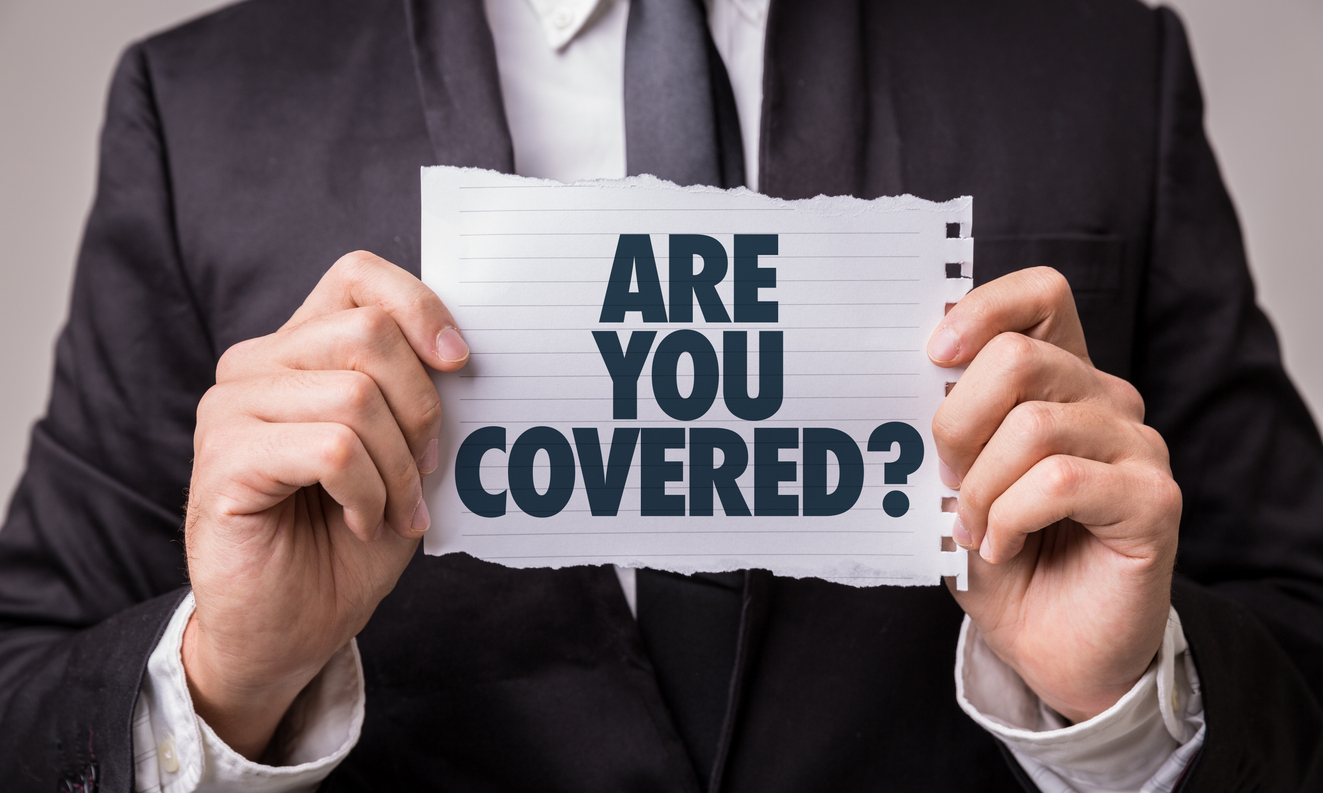What You Need to Know About Commercial Property Insurance

Consumers use homeowners’ and auto insurance to protect their physical assets. Business owners do the same through commercial property insurance. Investing in a commercial policy can protect your company’s tangible assets from damage, theft, or loss, which is why it’s wise to invest in commercial coverage to avoid having to pay for these expenses out of your own pocket.
Here’s what to expect from commercial property insurance.
What Does Commercial Property Insurance Cover?
While every insurance provider will set their own terms for coverage, most commercial property insurance policies will cover all of the physical assets associated with your business. These include:
- Your physical real estate space (office, retail space, warehouse, etc.)
- Business equipment (point-of-sale systems, office equipment, etc.)
- Furniture
- Exterior signage
- Exterior structures (fences, landscaping, etc.)
Does commercial property insurance protect company vehicles? While some policies may extend to commercial vehicles, you’ll typically have to invest in separate commercial auto insurance for your cars and fleets.
Most policies cover damage or loss from multiple sources, including:
- Fire
- Theft
- Vandalism
- Burst pipes
- Qualified weather damage
However, all of these factors can vary between insurance providers, so it’s important to confirm that your insurance coverage is adequate for your business needs before you commit to a plan.
Do I Need Commercial Property Insurance?
Business leaders should definitely invest in some type of commercial property coverage. Here are some of the reasons and benefits associated with a commercial policy.
You May Be Required
By law, there’s no official requirement that business owners purchase commercial insurance. However, landlords may require that tenants maintain commercial insurance when leasing retail or office space. Purchasing commercial property insurance may, therefore, satisfy the requirements of a rental agreement.
Protects Against Loss
Of course, the most direct benefit of commercial property insurance is that it protects your business against loss. Otherwise, you will be directly liable for any loss or damage that occurs through accidents, theft, or natural disasters. And the more your business grows, the more property and equipment you’ll have, which can leave you financially vulnerable.
Business Continuity
In most cases, a base commercial policy will fully cover the cost of replacing or repairing damaged physical assets. However, some insurance policies will offer additional options for business continuity, helping you maintain your operational stability and cash flow in the wake of a qualifying incident.
Protect Your Home Office
What if you operate a business out of a home office or garage? Your standard homeowners’ insurance policy may not cover damage or loss to your commercial property. Purchasing commercial insurance may extend your existing coverage to protect your business assets, even when used in an at-home business.
Keeping Your Commercial Insurance Up-to-Date
Throughout any business cycle, you’ll naturally acquire new assets and equipment. You may even open up new business locations. That’s why it’s important to keep your policy up-to-date and accurate, so you keep all of your assets covered and protected.
Controlling your other overhead costs can make your insurance premiums more affordable. Some retailers institute a dual-pay system like the one administered by Simpay. Offering separate prices for cash-paying customers can help you take control of your credit card processing fees, giving you more flexibility in other areas, such as your insurance.

.jpg)